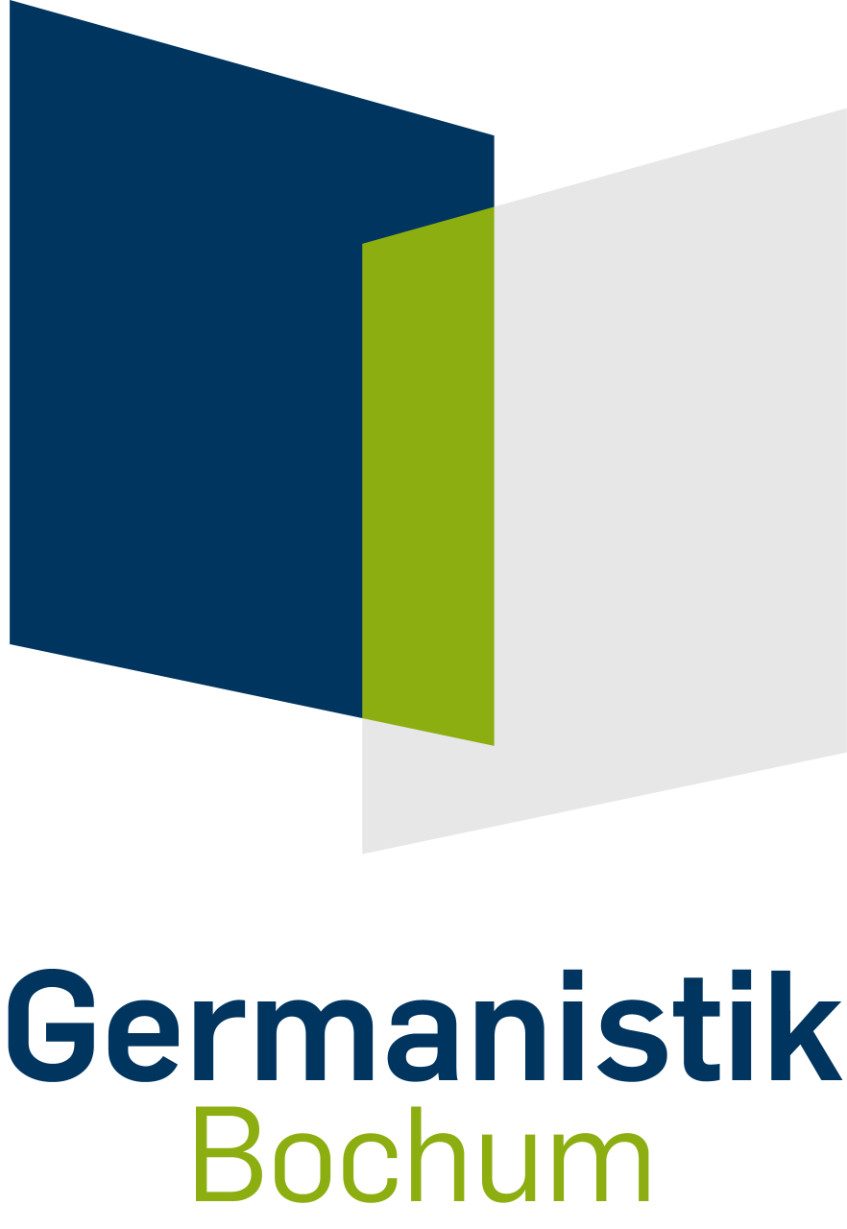Das Department of German Studies an der Universität Warwick (Großbritannien) ermutigt Bewerbungen von EU-Bürger*innen
und internationalen Bewerber*innen auf PhD-Studienplätze und Stipendien:
*PhD study and funding opportunities in German Studies at Warwick*
The School of Modern Languages and Cultures at the University of Warwick invites expressions of interest in its
MPhil/PhD programmes in *German Studies <https://warwick.ac.uk/fac/arts/modernlanguages/applying/postgraduate/phd-german/>* EU and international applicants are welcome!
Students working in relevant areas may also be selected for the European doctoral network, PhDnet „Literary and
Cultural Studies“ (Gießen, Bergamo, Graz, Helsinki, Lisbon, Stockholm and Warwick), which offers an intense programme of
jointly organised symposia, conferences and master classes and makes it possible for participants to obtain a binational
(e.g. German and British) degree. Students will study for a year at one of the partner institutions.
The University of Warwick is one of the UK’s leading research universities (see
https://warwick.ac.uk/research/excellence/). The School of Modern Languages and Cultures (SMLC) is a close-knit
community with a national and international reputation for excellent research. The School covers French
<https://warwick.ac.uk/fac/arts/modernlanguages/about/french-studies>, German
<https://warwick.ac.uk/fac/arts/modernlanguages/about/german-studies>, Italian
<https://warwick.ac.uk/fac/arts/modernlanguages/about/italian-studies>, Hispanic
<https://warwick.ac.uk/fac/arts/modernlanguages/about/hispanic-studies> and Translation and Transcultural Studies
<https://warwick.ac.uk/fac/arts/modernlanguages/translation-studies/> (including Chinese). The SMLC shares Warwick’s
high international profile in terms of staff (faculty) and research students.
The SMLC is will move to a new, purposely designed building for the Faculty of Arts
<https://warwick.ac.uk/fac/arts/aboutus/artsfacultyfacilities/newartsbuilding/>, when it opens for the 2021/22 Academic
Year. There will be designated workspaces/hot desks for our postgraduate students. The University Library and Modern
Records Centre are nearby and very well-equipped for doctoral research (with c. 1 million printed volumes, over 15
kilometres of archives, over 1.1 million e-books, 67,000 e-journals, huge collections of digitised primary
sources, and various document supply mechanisms). Note that the Library offers targeted support for Modern Languages
research <https://warwick.ac.uk/services/library/subjects/> through two dedicated librarians and generous postgraduate
support through designated study spaces, skills training and events.
In the SMLC, we study cultural production in a broad intellectual and global context, covering literature, cultural,
social and intellectual history, film, politics, philosophy, and translation. For doctoral research, our colleagues
offer a wide spectrum of supervisory expertise in subjects ranging from the Middle Ages and Renaissance to the present
day, see see: https://warwick.ac.uk/fac/arts/modernlanguages/research/expertise/.
For the research interests of staff in German Studies – ranging from 18th century discourses on cosmopolitanism to
contemporary German Studies on transnationalism and world literature, Romanticism, Weimar Classicism, Weimar film,
Holocaust Studies, history and theories of antisemitism, constructions of gender, nation and race, and Post-war
literature, Post-unification film and literature, gender studies and memory studies – see:
https://warwick.ac.uk/fac/arts/modernlanguages/research/german/. Individual staff and their specialisms
For general information about postgraduate study at Warwick and the application process,
see https://warwick.ac.uk/study/postgraduate/ . You may also be interested in funding information for 2021 entry to be
released by the Arts Faculty’s Centre for Arts Doctoral Research Excellence
<https://warwick.ac.uk/fac/arts/cadre> and Doctoral College <https://warwick.ac.uk/services/dc/schols_fund/>.
We warmly invite expressions of interest from students who envisage applying for AHRC-funded Midlands4Cities Doctoral
Training Partnership <https://www.midlands4cities.ac.uk/> (M4C), Wolfson Foundation Scholarships and Warwick’s
Chancellor’s International Scholarships (calls for which are expected to come out mid-October) or any other relevant
funding opportunities. The application process is likely to contain several stages: we shall encourage first-rate
prospective students to develop sound and robust applications through late October-December 2020.
We also welcome enquiries about self-funded postgraduate research and suggestions for co-tutelle
arrangements andcollaborative doctoral awards.
To discuss your project, please *get in touch, ideally by Friday 30 October 2020*, with the School Director of Graduate
Studies, via pglanguages@warwick.ac.uk <mailto:pglanguages@warwick.ac.uk> (later expressions of interest may also be
considered). Please include a CV (detailing your academic curriculum to date and any other relevant training), an
indication of possible supervisors (where known) and a draft proposal of ca. 2 pages. For information and advice
specifically on applications in *German Studies*, you can also informally contact Dr Christine Achinger,
pggerman@warwick.ac.uk <mailto:pggerman@warwick.ac.uk>, a.s.a.p.
The SMLC is committed to equality and diversity.
We look forward to hearing from you!
Ingrid De Smet (School Director of Graduate Studies),
With Caroline Parker (PG Secretary), Christine Achinger, Fabio Camilletti, Fabienne Viala and Mila Milani (SMLC PGR
admissions).
Kontakt
Dr Ingrid de Smet, pglanguages@warwick.ac.uk;
Dr Christine Achinger, pggerman@warwick.ac.uk
https://warwick.ac.uk/fac/arts/modernlanguages/applying/postgraduate/phd-german/
